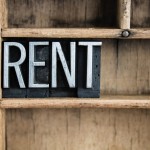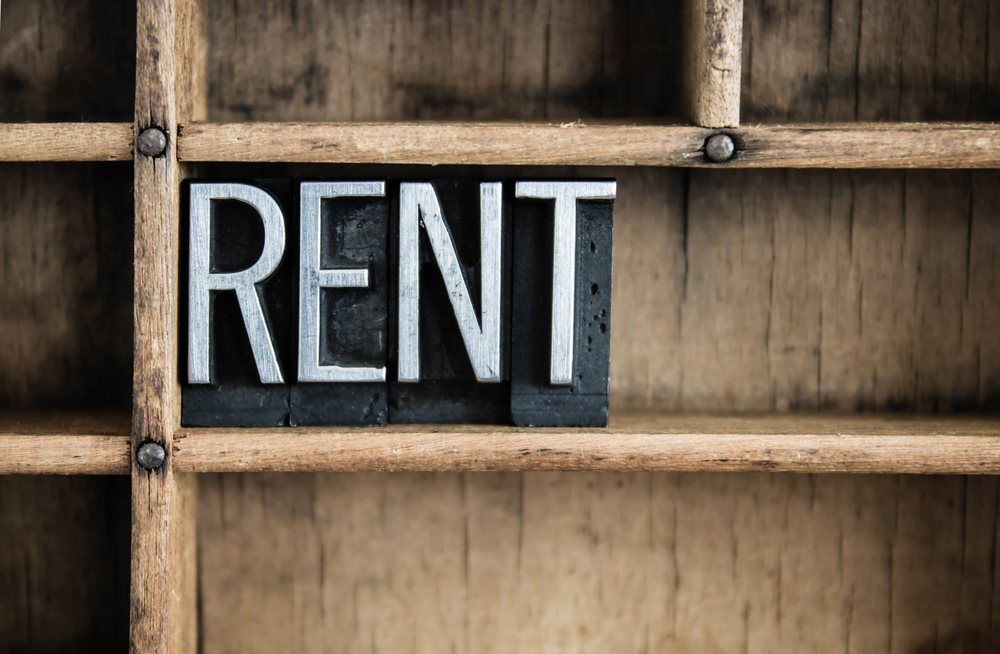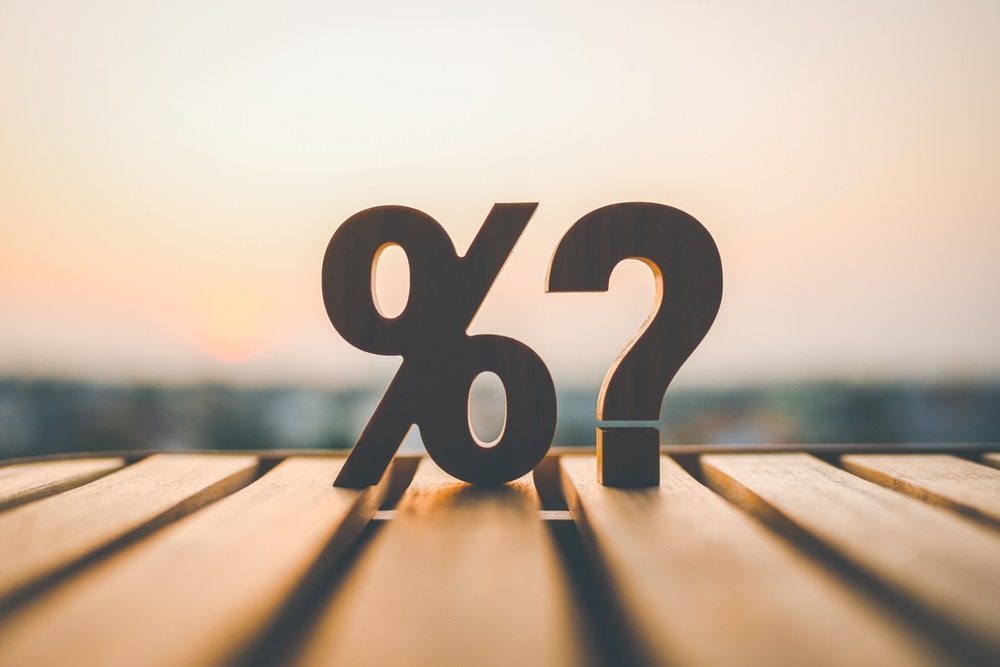A new study has revealed the huge disparity between rent prices across the UK. The research by StoreFirst.com looked at what renters can get for £800 or less in the UK’s 10 biggest cities and found you can get a spacious three-bedroom house in Manchester or a tiny room in a London flat share for […]
 A new study has revealed the huge disparity between rent prices across the UK.
A new study has revealed the huge disparity between rent prices across the UK.
The research by StoreFirst.com looked at what renters can get for £800 or less in the UK’s 10 biggest cities and found you can get a spacious three-bedroom house in Manchester or a tiny room in a London flat share for exactly the same price.
The average UK rental value excluding London was £740 per month in January 2016 – up 5.5% from the same time last year at £702 per month.
The worst value area in the UK is London, where £800 will only get you a tiny room in a flat share in Whitechapel.
Renters can get a furnished two-bedroom terraced house with two reception rooms for £800 per month in Birmingham or a two-bedroom apartment with parking for £725.
While a renter in Leeds with a £650 budget can get a two bedroom apartment in the city centre with a Juliet balcony.
In Bradford you could get a three-bedroom semi-detached house with a garden and parking for two cars for £800 or a four-bedroom detached house with parking, a double garage, an en-suite shower and a breakfast bar for £750.
Unsurprisingly, London also has the highest average rent in the UK at £1,510 per month.
After London, the most expensive place is the South East of England with an average rent of £933 per month.
The three cheapest areas in the UK are the North East of England at £528, Northern Ireland at £582 and Wales at £595.
Oliver Kitson, operations director at StoreFirst.com, said: “When looking at the prices of rentals going up predominantly in city/town centre locations it’s clear to see that renters are getting much less space for their money in the rental market. Despite government schemes like help to buy and help to buy mortgage guarantees, it doesn’t seem as though people are ready, financially, to become home owners.
“With average property prices being over 8 times the average wage, it’s not difficult to see why. People no longer have that spare room to store their possessions in, and so turn to storing them elsewhere as a more cost effective solution.”
According to research by the Centre for Economic and Business Research for money.co.uk, rental deposits could account for up to 120% of monthly salaries by 2026.
The average rental deposit is estimated to reach £1,111 in the next 10 years, or 70% of the average Brit’s monthly income.
As a result, tenants could increasingly find the cost of renting just as unaffordable as buying, despite the required financial outlay being significantly lower than getting on the property ladder.















It is ridiculous that renting is now so expensive, the idea should be that it is significantly cheaper than mortgage repayments, not as much as or more as rentals are now. Valuations vary widely too in the same area, 4 bed homes that are very similar vary from £1000 to £2500pcm in Norfolk where we are, we are now taking on a place that is £1200pcm and that is the majority of our income gone. No chance of saving, or buying, and I’m now in my 40’s, what hope is there for the younger generation. The prices for sales and rentals needs controlling by government, it’s all got out of hand from it being left in the hands of estate agents, the average wage hasn’t gone up much in over 2 decades but house prices have gone through the roof. Too many private landlords, too many developers getting their hands on property the rest of us need, they don’t need them, too many people with more than one or two properties too, it should be stopped and give the rest of us a chance. Not supply and demand either as estate agents windows have been full of properties for years and years.
Rising house prices are due to an age old system called supply and demand Jason ie more people wanting to buy, than there is property for sale.
The same can be said about renting, although this has been exacerbated by the stricter regulations for mortgage lending.